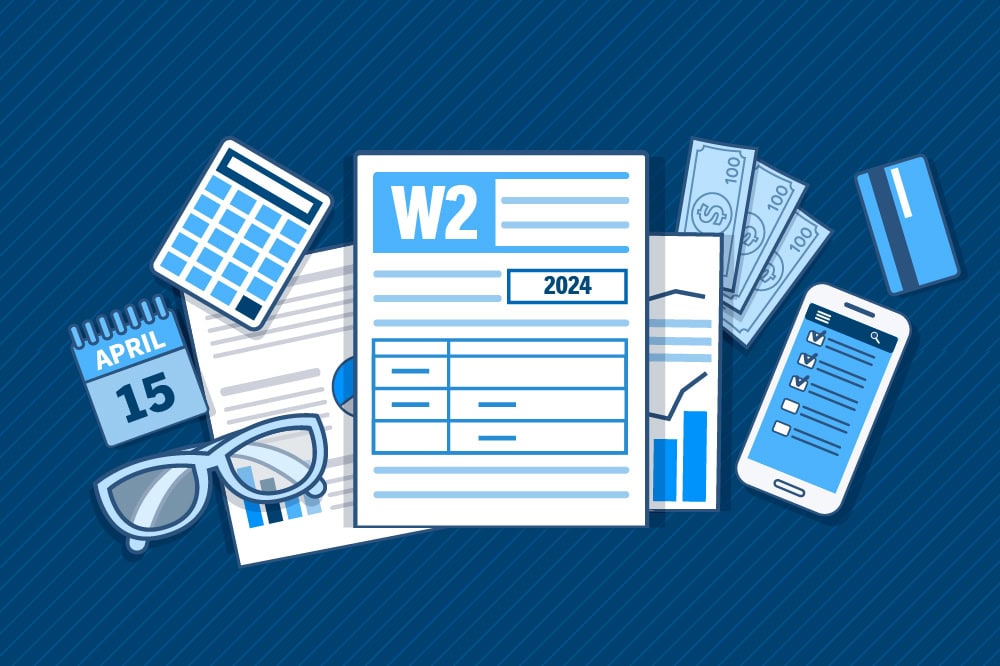As Congress works to reconcile House and Senate versions of tax legislation through a conference committee — and as new scores estimating the budgetary and economic effects of the legislation are released — it is important for policymakers and the general public to have a full understanding of the various analyses and the underlying approaches to better interpret their meaning.
The budgetary and economic effects of proposed tax legislation are a critical element of the debate. While these effects are central to tax policy, the modeling assumptions underlying them are often not adequately understood.
To help illuminate the assumptions and methodologies used in modeling changes to tax policy, the Peterson Foundation asked three non-governmental organizations — the Penn Wharton Budget Model, the Tax Foundation, and the Tax Policy Center — to answer a set of nine questions that highlight important aspects of tax modeling. Each organization independently submitted its written responses, which are shown in the report.
Image Credit: Getty Images
Further Reading
Infographic: How the U.S. Tax System Works
One issue that most lawmakers and voters agree on is that our tax system needs reform.
No Taxes on Tips Would Drive Deficits Higher
Eliminating taxes on tips would increase deficits by at least $100 billion over 10 years. It could also could turn out to be a bad deal for many workers.
Should the U.S. Change the Corporate Tax Rate in 2025?
Here’s why lawmakers lowered the corporate tax rate in 2017, how the lower rate impacted the U.S., and how the rate might be reformed in 2025.


